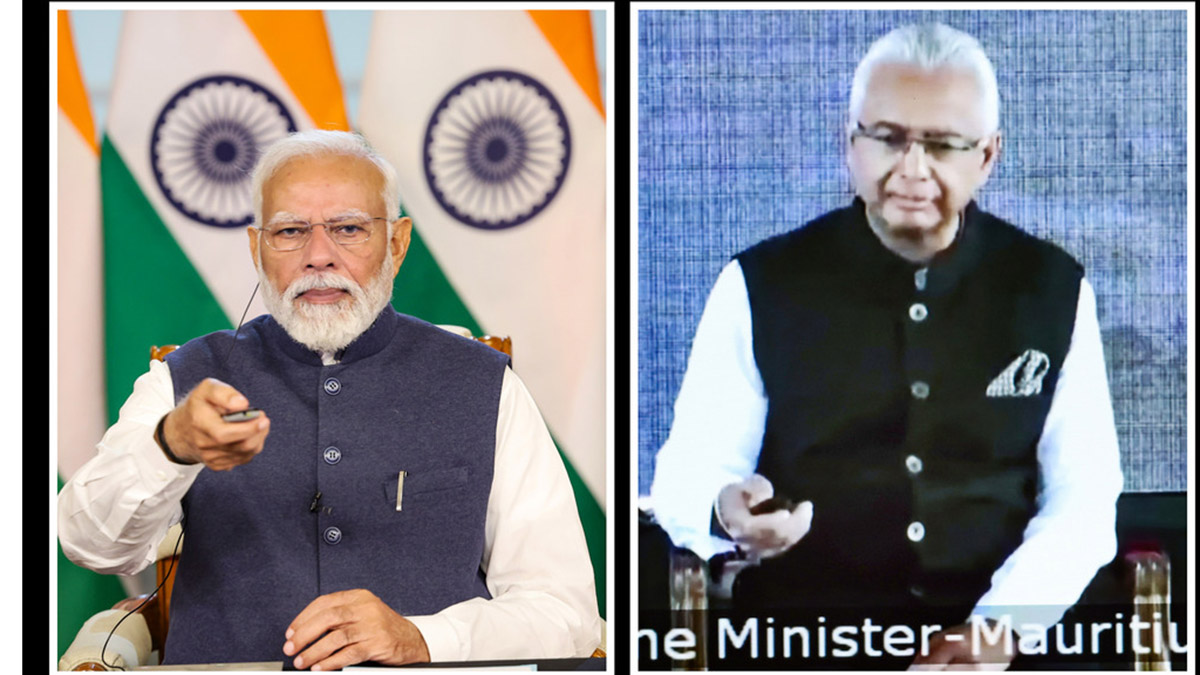New Delhi: WTO chief Roberto Azevêdo today expressed serious concerns over the fate of Bali package, saying the deal is “at risk” and the future seems “uncertain”.
WTO members agreed to implement the decisions taken in Bali last year and they also agreed to adopt a work programme, by the end of this year, to deal with the remaining issues of the Doha Round, he said.
“However, all of this is now at risk,” he said in an address to the UNCTAD Trade and Development Board.
India’s tough stand led to impasse in the WTO. India had decided not to ratify WTO’s Trade Facilitation Agreement (TFA), which is dear to the developed world, without any concrete movement in finding a permanent solution to its public food stock-holding issue for food security purposes.
Azevêdo said there seems to be a clear interplay between concerns on the negotiations on public stock-holding and the implementation of the TFA.
“Both public stock-holding programmes and trade facilitation were issues addressed by the Bali decisions. There is no formal or legal linkage between these two issues, but we cannot deny that there is an important political link bringing them together. At present the future is uncertain,” he said.
Expressing confidence, he said if the members solve these issue, the WTO would be able to look ahead and resume efforts in the broader negotiating agenda.
“If we do not, members will have to think carefully about what the consequences are. There could be an impact on all areas of our work… My assessment is that we risk disengagement if we don’t solve this impasse shortly,” he said.
He said many areas of work “may suffer a freezing effect”, including the areas of greatest interest to developing countries, such as agriculture.
“All negotiations mandated in Bali, such as the one to find a permanent solution for the issue of public stock-holding for food security purposes, may never even happen if members fail to implement each and every part of the Bali Package, including the TFA,” he added.
India has asked WTO to amend the norms for calculating agriculture subsidies so that the country could continue to procure foodgrains from farmers at minimum support price and sell them to poor at cheaper rates without violating the norms.
The current WTO norms limit the value of food subsidies at 10 percent of the total value of foodgrain production. However, the quantum of subsidy is computed after taking into consideration prices that prevailed two decades ago.
In December last year in Bali, Indonesia, the WTO members agreed on a package including decisions on public stockholding for food security purposes; export competition; government support for agriculture-related services and cotton.
“We are at an early stage of our consultations. Members are meeting with each other in sessions organised by the chairs. I am continuing my own consultations. There is a lot of activity, but at this point we don’t have a solution,” Azevedo said.
“We will have another meeting of all members on 6 October,” he added.
He said the priority is to ensure the implementation of the Bali Package.
On the issue of public stockholding for food security purposes, he said the topic is not new and “it is and has always been a complex issue, which covers — among many elements — the role played by trade and trade disciplines”.
“The evolution of agricultural prices in the last 15 years also focused the attention of the international community on food security in developing countries, in particular the least-developed and the net food importing developing countries.
“Everybody in the WTO recognizes the right of governments to implement policies they deem necessary to ensure food security for their populations,” he said.
He said vast majority of studies conducted in recent years have confirmed that open and non-distorted trade improves the various dimensions of food security.
“…the question that WTO members are trying to answer is not whether members can ensure their food security but rather under which commonly agreed disciplines they can implement policies to achieve this goal without further distorting trade or aggravating the food insecurity of third countries,” he added.
“All WTO negotiations will be at risk if the current impasse is not solved,” he said adding small countries would suffer the most as big countries have other options. He said that although the situation is very delicate, “I sincerely hope that by early October we will find a way to put things back on track”.
On the agricultural sector, he said there has been and still remains a fundamental tool for sustainable development and for reducing poverty in most developing countries.
“But agriculture has been characterized for decades by policies that seriously distort trade and production. Such policies can take the form of high tariff barriers, various domestic support measures — through subsidies or market price support — and export subsidies or other forms of export-related support.
These trade distorting policies have a significant effect on agricultural producers in developing countries, and especially in the most vulnerable ones,” he said.
The WTO chief said that because of these anomalies, those countries cannot fully benefit from their comparative advantages, and their agricultural revenues cannot properly contribute to gross domestic production, employment, rural development or livelihood security.
PTI


)




)
)
)
)
)
)
)
)